The writing and photographs here were written and photographed shortly after my arrival in Lviv, just before midnight which is during the imposed citywide curfew. Shared here is not a final or finished piece of documentary, but a single slice from a much larger body of work which I will continue to work on until it is ready to be published in full. The photographs are far from anything technically perfect, all made either at 1/second or lower on a bulb exposure, held as steady as I possibly could. There were only a few very dim lights in the station to work with until the sun rose.
The writing here is transcribed from my notebook, half finished thoughts and ideas, whatever I was able to scribble down in moments when I wasn’t photographing, or speaking with people, or trying to sleep. I’m open to any questions in the comments or via DM on Instagram if anyone is interested in me expanding any aspect of my account, and will respond to the best of my ability. When I eventually publish from this work it will be in context, with as much information as I am able to offer alongside it.
I’m not using this article trying to shill any product or project, but I will soon be working on a special one off darkroom print using a photograph from Przemyśl, which I will silently-auction and then donate the proceeds to War Child. To any photographers looking to offer any of their work to a good cause I recommend taking a look at #photoprintday, an initiative started by Jim Mortram for a community of photographers doing the same.
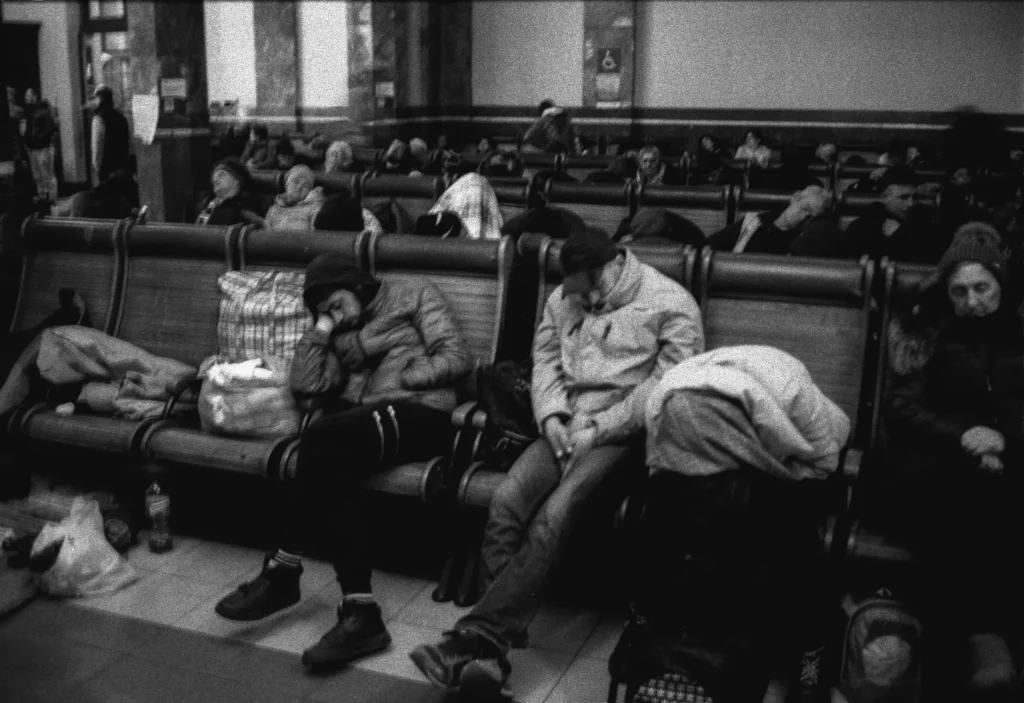
Arriving at Lviv Station after midnight, gained an extra hour due to the time difference from Poland, left me confined due to curfew. I stepped off the train and spent the first hour getting my bearings around the station. I withdrew some money and spoke with a few of the volunteers, all in fluorescent jackets, to get a secondhand account of how things were operating.
The station was a safe haven during the curfew, not only to refugees waiting for their trains which were unscheduled, and could arrive at any moment, but also to the local homeless population, who were welcome in but kept at a distance from those looking to flee the country.
Sleeping supplies were a commodity, most used piles of clothes, a lucky few had access to roll mats and sleeping bags. Plenty donated, but still not enough to go around, and no managed system of cleaning, collections afterwards meant that it was probably safer to use owned fabrics than ones with questionable provenance, having gone through many previous owners.
Only a few are able to sleep, most on their phones, or speaking with one another. People taking turns to nap, while others in their party watch as lookouts in case anyone tried to take advantage.
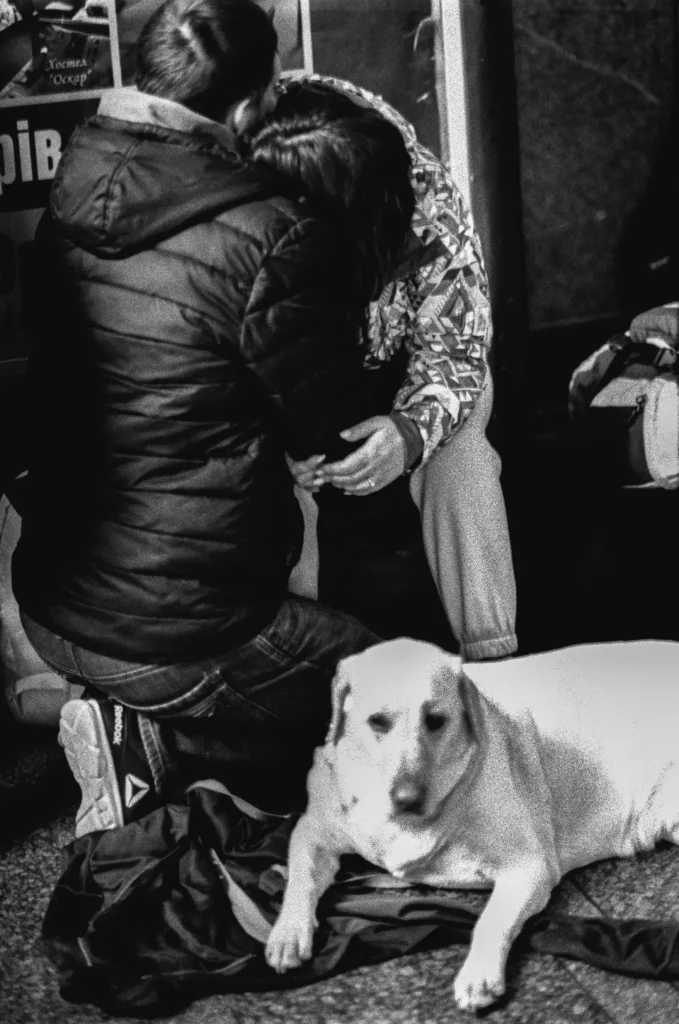
I sit for a while by a drinks-fridge for about half an hour using Google translate to chat with a one-legged man who joined me. He told me he had walked with crutches for two days in order to get to Lviv, and would be taking the first available train. He asked me how Arabic people were being treated in the Polish side of the border and I told him all the volunteers I had met over the last few days had been very kind and welcoming, and gave him directions to a Khalisa Aid tent I knew of where I was certain he would be welcomed if he felt uncomfortable anywhere else.
A very young soldier passes me and asks using Google translate on his phone if I have any “spiky pointy objects” on me. After I tell him no he wishes me good luck and continues his patrol.
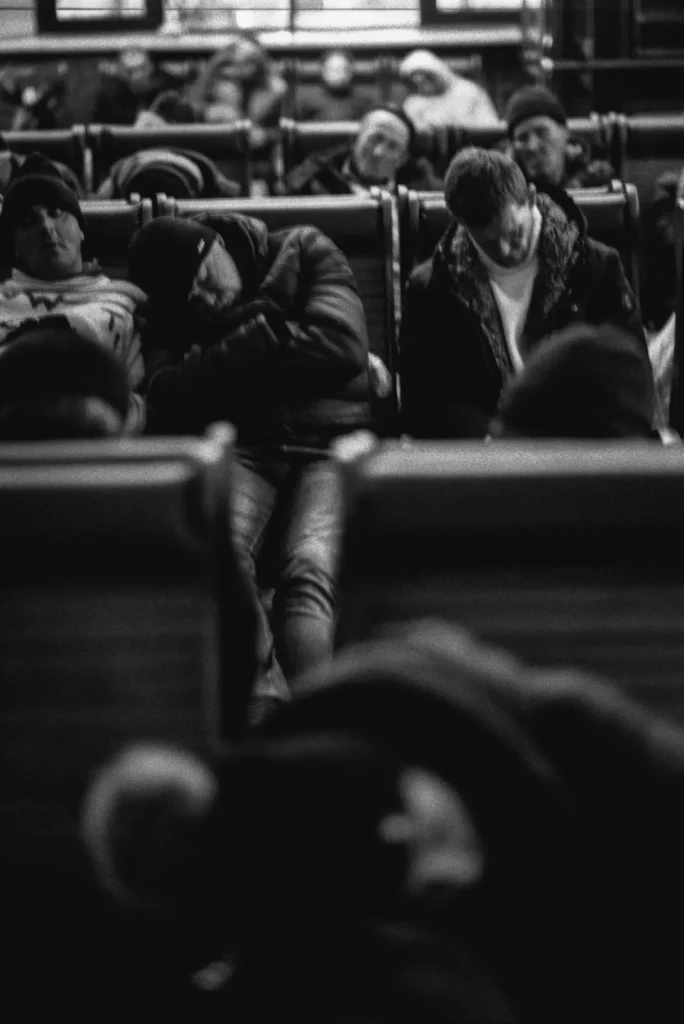
I am tired, exhausted even. I walk in spirals around the crowded waiting room and eventually find a corner next to a chained shut door which no one has taken. Gaps at the hinges and between the chained doorway are open into the next room, closed to people but open to the elements. No one is sleeping in this spot because of the draft, below freezing temperatures easily flowing into the space through those gaps. I find an angle where the wind isn’t as bad and I’m able to rest my eyes, if not sleep. The floor is cold, solid rock.
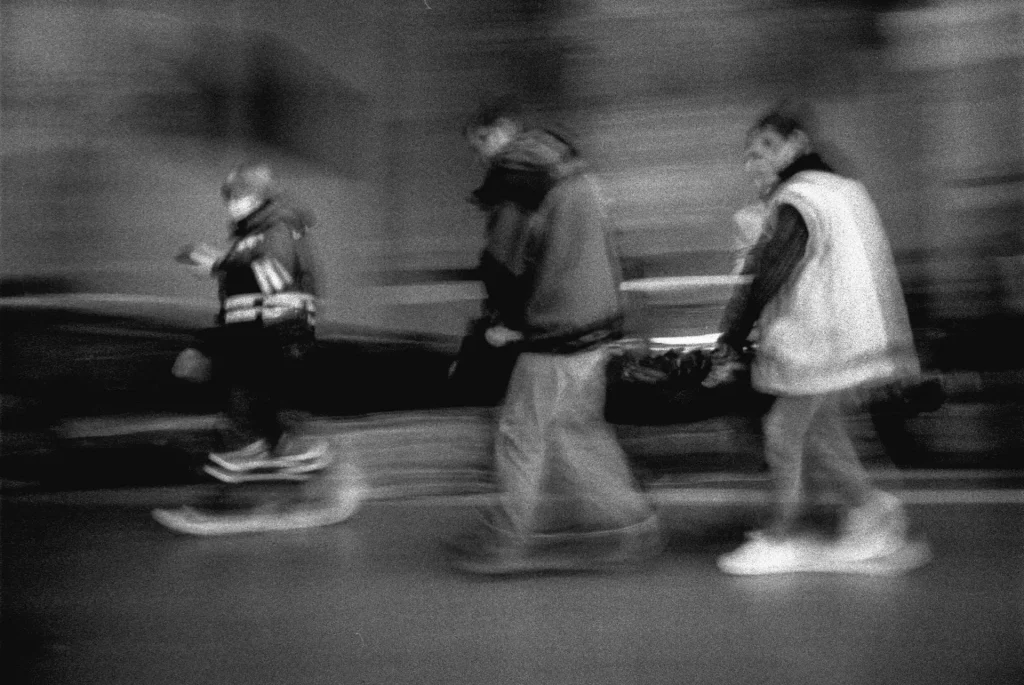
Every so often I get up and walk around, I barely make any photographs, but the more I walk the easier it is for me to shut my eyes for ten, fifteen minutes at a time before waking up again.
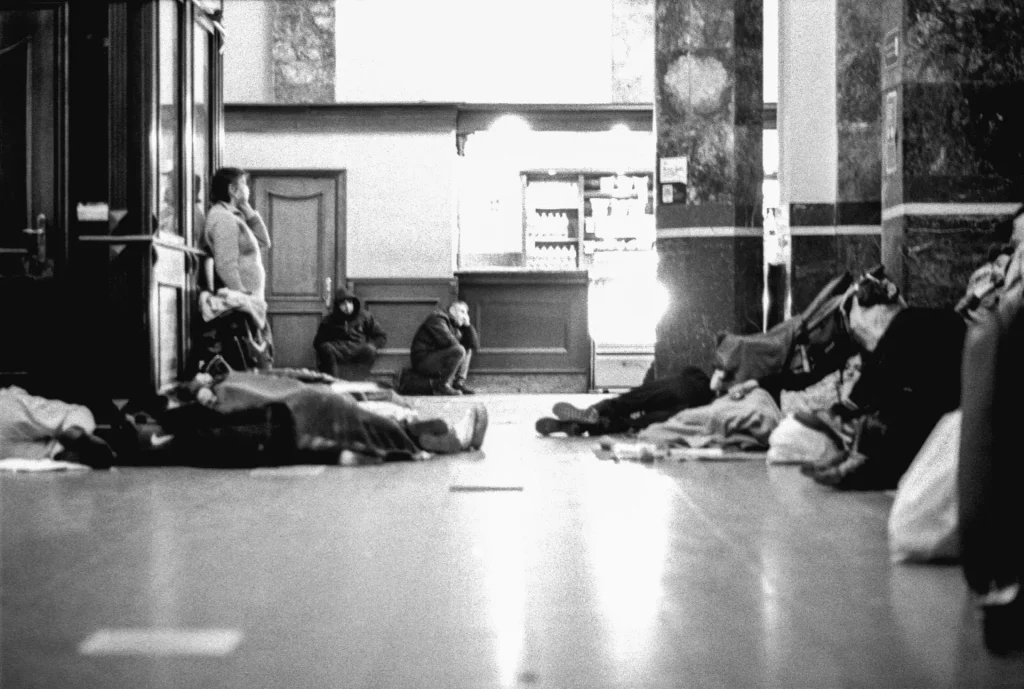
At one point I am jostled awake and asked to move over so some others can take my spot, so I hunch into the corner of the door. They spread out some cardboard boxes they’d taken from a bin outside, but only after setting up do they realise about the draft coming in through the gaps. They move further down and I’m able to spread out a bit more back into my space.
Share this post:
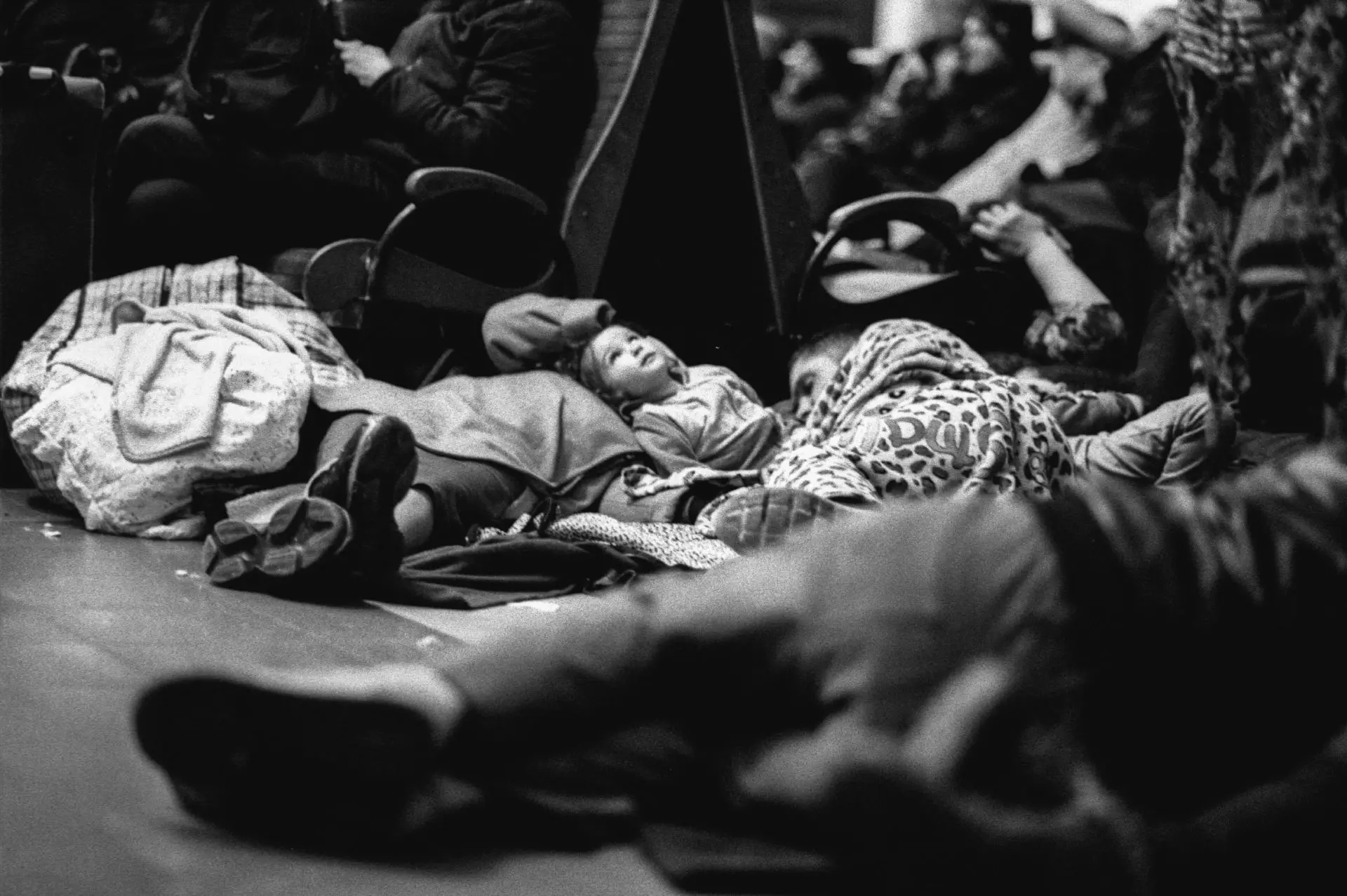
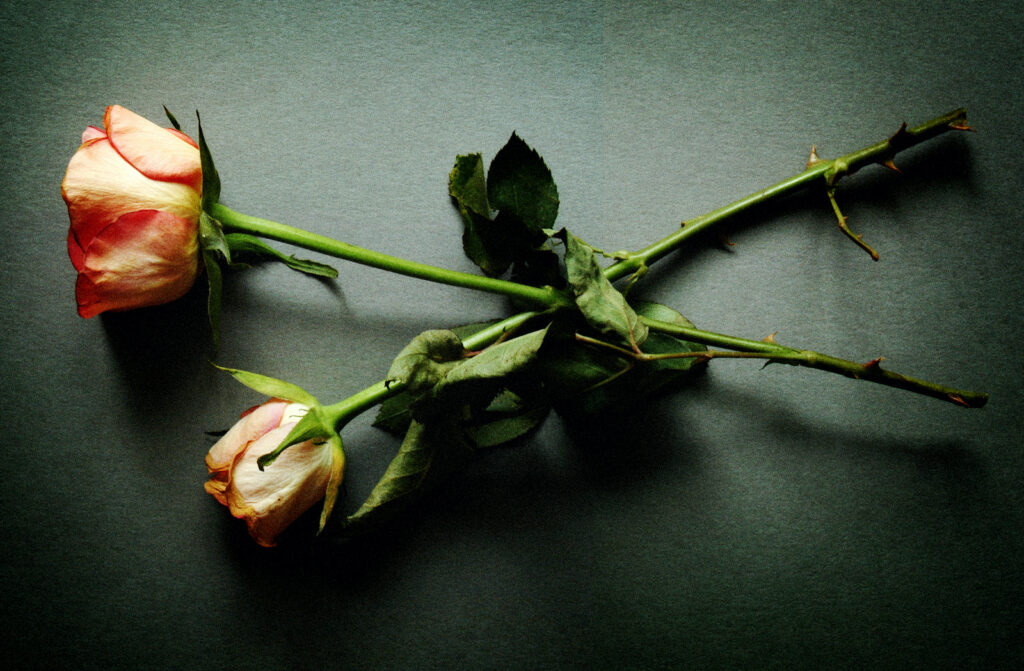
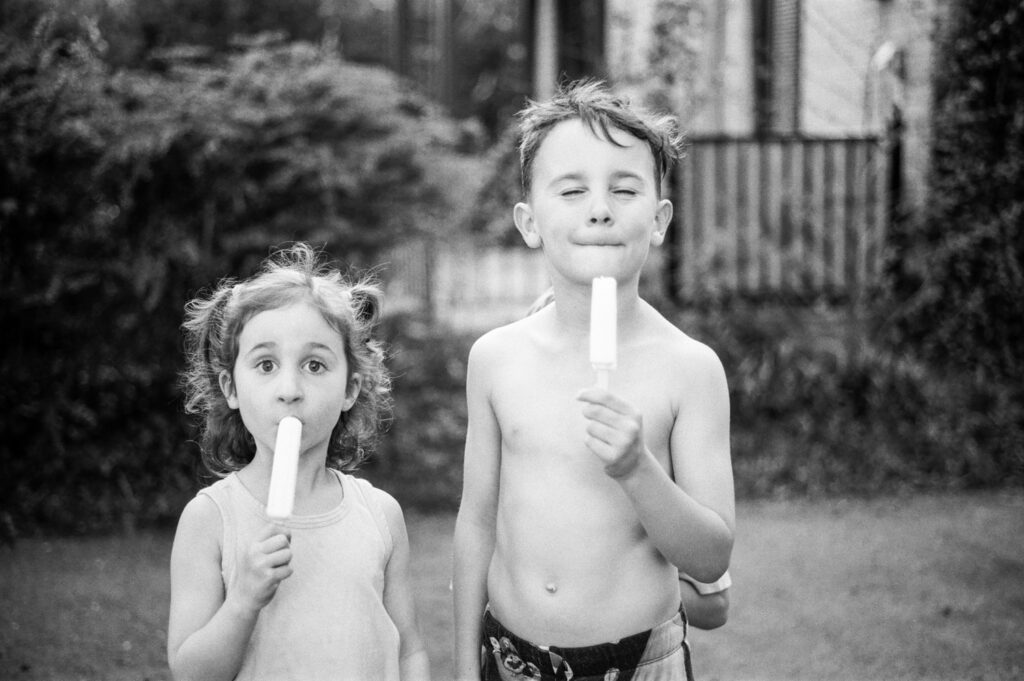
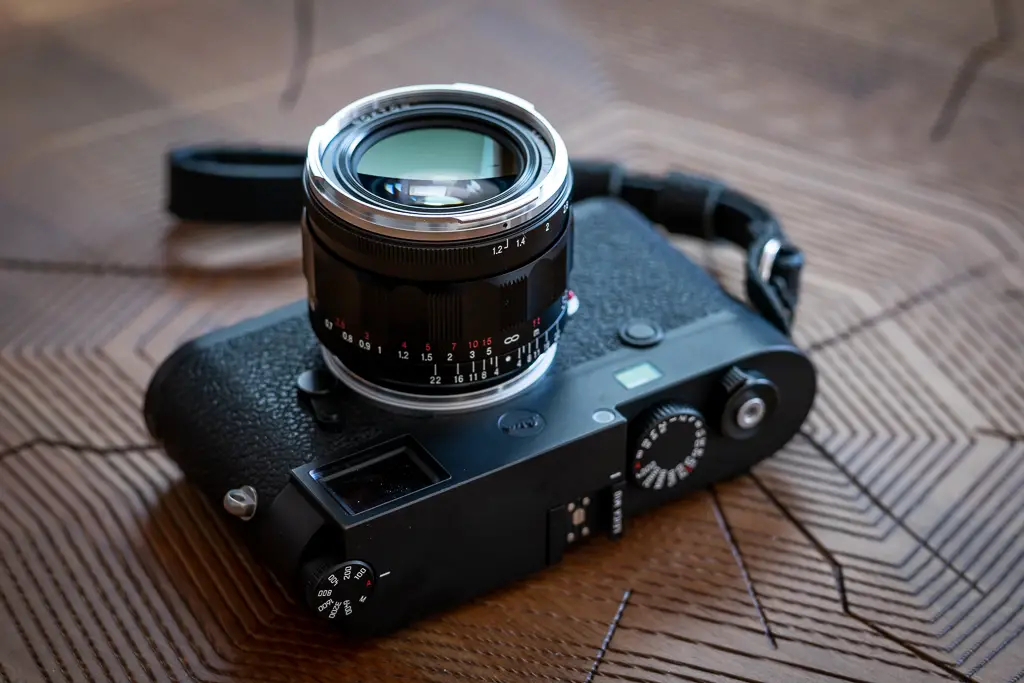
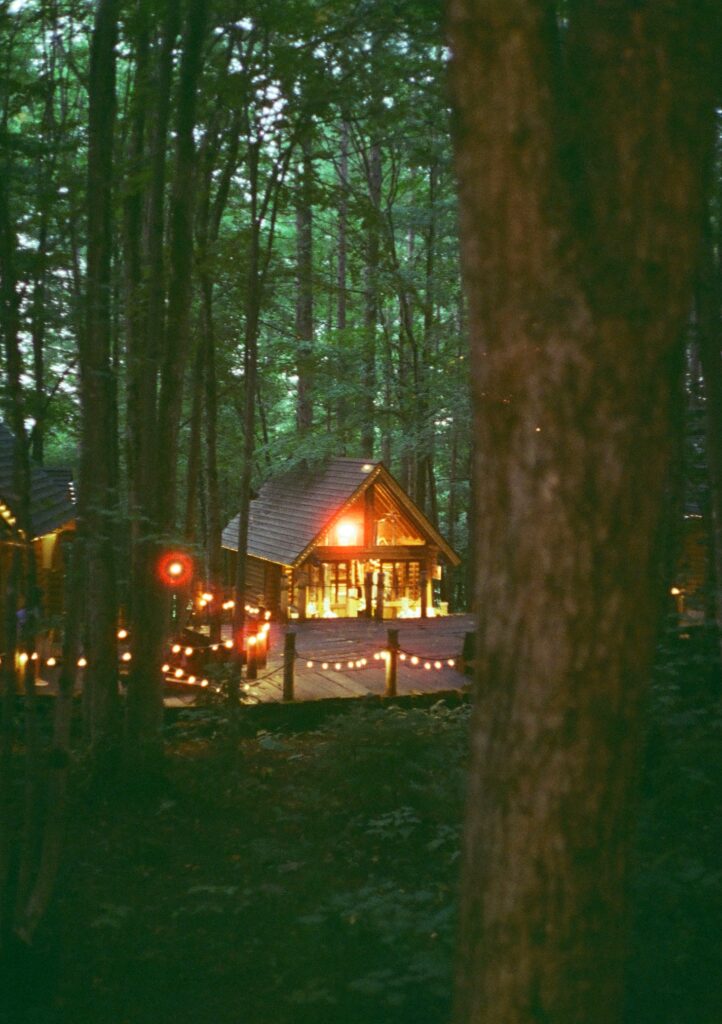




Comments
Oliver on Overnight Curfew at Lviv Train Station, Ukraine – by Simon King
Comment posted: 26/04/2022
Good work. Every evidence will be important for the aftermath
Gabriele Bozzi on Overnight Curfew at Lviv Train Station, Ukraine – by Simon King
Comment posted: 26/04/2022
I can but imagine how challenging it must be to cope with these memories. For a reader, the story overshadows the emotional load of the storyteller.
Tim Bradshaw on Overnight Curfew at Lviv Train Station, Ukraine – by Simon King
Comment posted: 26/04/2022
Marc on Overnight Curfew at Lviv Train Station, Ukraine – by Simon King
Comment posted: 26/04/2022
It gives us a little bit of an insight into what's going on there.
A nice gesture to donate your income from the photos to war child.
Keep up the writing, and be especially careful there.
Good luck !
Marc.
Martin JONES on Overnight Curfew at Lviv Train Station, Ukraine – by Simon King
Comment posted: 26/04/2022
Carlton O. Phelps on Overnight Curfew at Lviv Train Station, Ukraine – by Simon King
Comment posted: 26/04/2022
gil aegerter on Overnight Curfew at Lviv Train Station, Ukraine – by Simon King
Comment posted: 26/04/2022
jason gold on Overnight Curfew at Lviv Train Station, Ukraine – by Simon King
Comment posted: 27/04/2022
It's about memory and feelings capturing a great wrong and sadness. I know some folks here prove higher ISO wit film, but it's a mirage.
Film cannot equal digital in higher ISO, esp. in newer sensors. You didn't try. Bravo!
Daniel Castelli on Overnight Curfew at Lviv Train Station, Ukraine – by Simon King
Comment posted: 27/04/2022
In his book "War Without Heros'" LIFE photographer David Douglas Duncan was in a shallow foxhole with US Marines during a rocket attack. It was in 1967 on a hill named Con Thien. A rocket landed and exploded a few meters from where they were huddled in their dirt hole. His photograph of the moment the rocked exploded is terrible. Off kilter, blurry, etc. But it showed the moment of the explosion and what it felt like when the ground shifted and lifted. In a single frame, he gave us a taste of war through his lens.
In an era of ultrasharp digital images, colored corrected to the point of being garish, your images depict reality.
When you return, take precautions to stay safe.
Gary on Overnight Curfew at Lviv Train Station, Ukraine – by Simon King
Comment posted: 29/04/2022
Michael McDermott on Overnight Curfew at Lviv Train Station, Ukraine – by Simon King
Comment posted: 29/04/2022